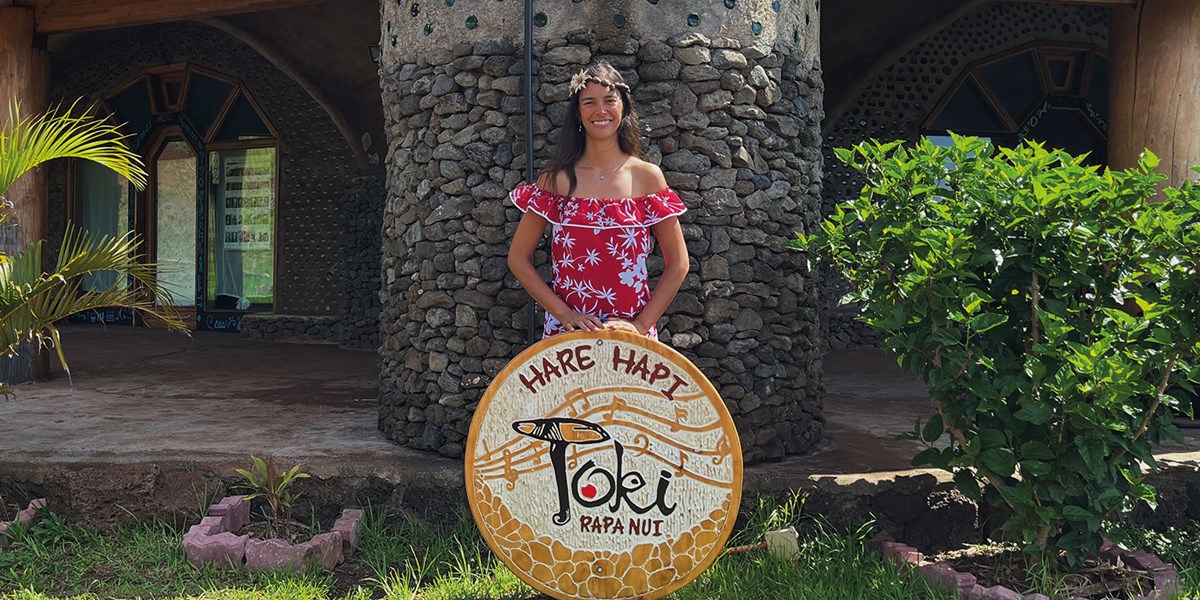Thursday, July 18, 2024
Rapa Nui: Keys to the Island
Charis McGowan visits Rapa Nui to find out how the arrival of the isolated island’s first piano led to a music school and a re-energised approach to learning about the island’s traditions


Register now to continue reading

Thanks for visiting the Songlines website, your guide to an extraordinary world of music and culture. Sign up for a free account now to enjoy:
- Free access to 2 subscriber-only articles and album reviews every month
- Unlimited access to our news and awards pages
- Our regular email newsletters

